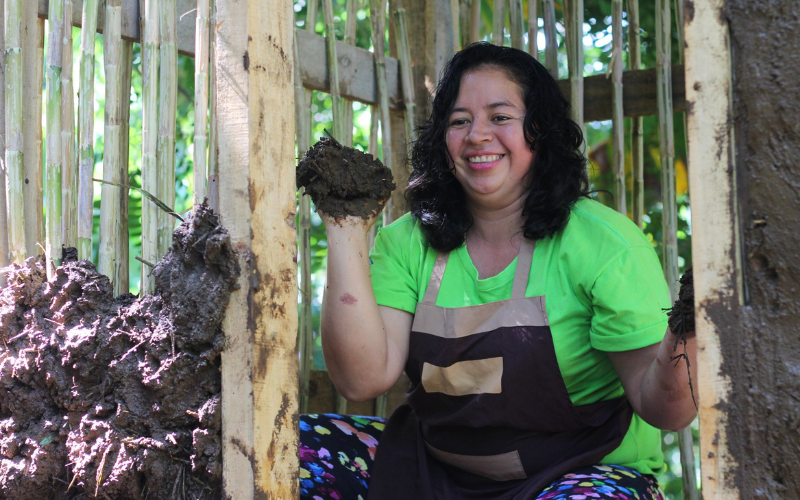Disabled people living in poverty often face serious challenges, especially at home. Many live in places with poor access and inadequate bathrooms, leaving them dependent on full-time carers. In Medellín, Colombia, the Mejoramiento Sin Barreras project helps by making simple, low-cost improvements to bathrooms, such as adding ramps and handrails. These changes give people more privacy and independence and improve life for both them and their families.
To qualify, applicants must live in stable, legal housing in low-risk areas, own no other property, and have a low income. They also must have lived in Medellín for at least six years. The project is run by ‘Improvement without Barriers’ (Mejoramiento Sin Barreras)’ (ISVIMED), the city’s social housing agency, and is fully funded by the local government.
The programme has upgraded 1,450 homes between 2013 and 2015, aiming to reach 2,000. It focuses on practical changes that have a big impact. Being able to use the bathroom alone builds confidence and reduces the pressure on carers—usually family members—allowing them more freedom to work or participate in community life.
Although disability affects an estimated 12% of Medellín’s population, a lack of data made it hard to target those most in need. ISVIMED promoted the programme through media to encourage people to apply.
This initiative stands out because it supports both formal and informal housing, and it reaches many people with minimal investment. While it currently depends on public funding, the success of the programme has attracted attention from other Colombian cities interested in adopting a similar approach.
In short, Mejoramiento Sin Barreras is a low-cost, high-impact solution that restores dignity and independence to disabled people in low-income areas.















